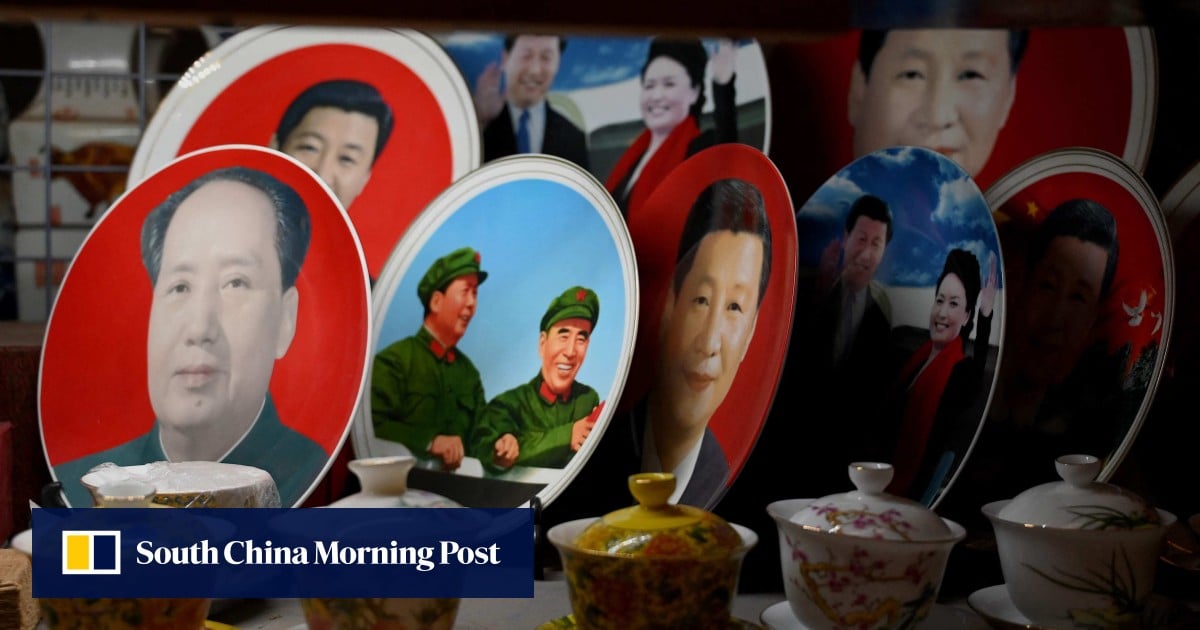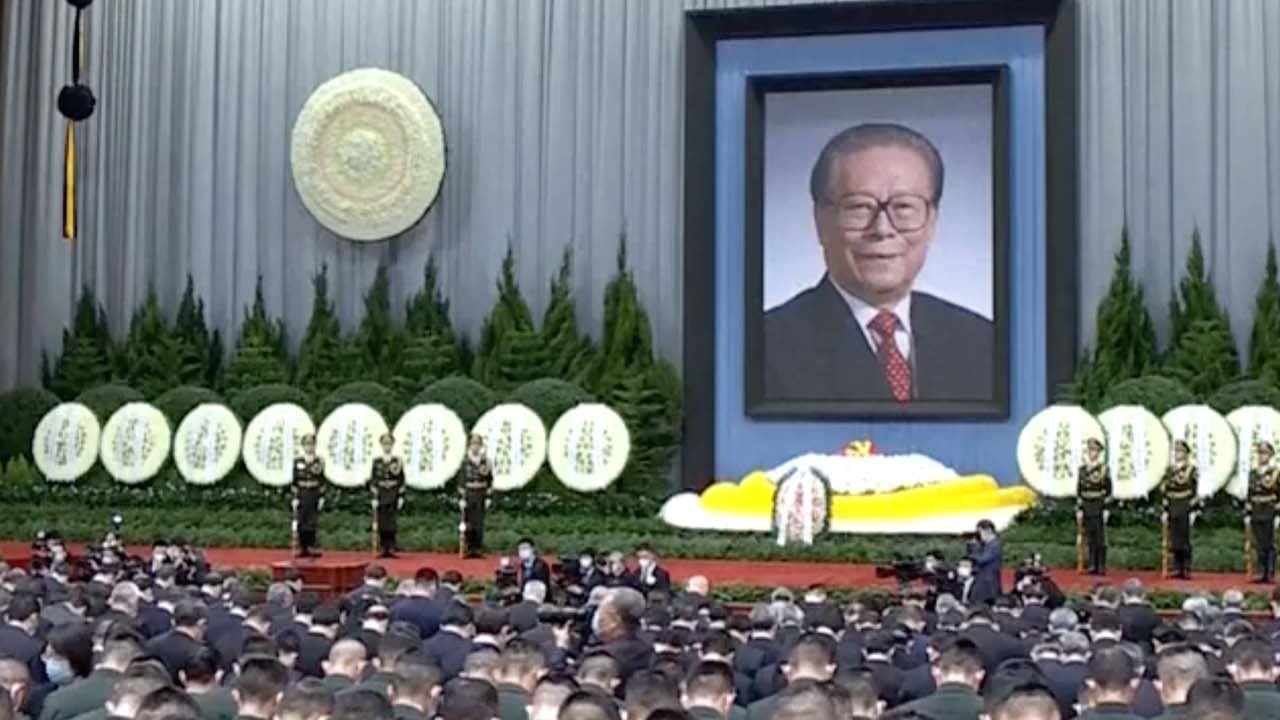Every 10 years, Chinese leaders hold events to commemorate the birth of the late chairman Mao Zedong, who was born on December 26, 1893. The events are an opportunity for the leadership to call for solidarity and rally the nation to address challenges, while reflecting on the legacy of the Great Helmsman.
Authorities across China have been preparing for what will be the 130th birth anniversary of Mao next Tuesday, when the country’s president, Xi Jinping, is expected to hail the late leader’s political teachings amid tensions with the West and economic problems at home.
According to an announcement posted on Monday on the facility’s official WeChat account, the mausoleum will be closed “due to work requirements” from Sunday to Tuesday morning. It did not give further details.
Xi ‘personally’ steering China’s reform process, state media report says
Xi ‘personally’ steering China’s reform process, state media report says
The changes to the facility’s regular opening hours hinted at a possible high-level event that could include senior Chinese leaders.
Ten years ago, Xi led the Communist Party’s Politburo Standing Committee, China’s top decision-making body, in a tribute to Mao, bowing three times in front of the late chairman’s marble statue.
Later that day, Xi, who was just months into his first presidential term, delivered a speech to honour Mao that was closely watched for insights into the party’s new direction under his leadership.
In that 2013 speech, published by state news agency Xinhua, Xi called on the party to learn from Mao’s political thoughts, which have served to guide party doctrine to ensure its rule continues.
He also praised Mao’s belief that China must focus on “staying independent and autonomous” and never rely on “external forces” to achieve its revival, echoing his present day approach to self-reliance in dealing with strategic rivals such as the United States, especially when it comes to trade and access to cutting-edge technology.
Since coming to power, Xi has frequently noted Mao’s political teachings. In 2020, he led the Politburo Standing Committee in 70th anniversary commemorations of the Korean war. The war, which lasted from 1950 to 1953, was officially known in China as “the war to resist US aggression and aid Korea”.
During a speech to mark China’s only military conflict with the US, Xi called on his nation to channel its “Korean war” spirit, and urged citizens to “keep their faith in ultimate victory”.
In a veiled shot at the US, he said the spirit forged during the Korean war would inspire them to “prevail over all enemies”.
This month, a series of state-backed events to commemorate Mao have been held across the country.
In an article this month intended to commemorate Mao’s legacy, Qiushi, a leading party theoretical journal, also hailed what it called the country’s “good fortune” to have Xi as “core of the party and leader of the people” again.
State-run television has been broadcasting television shows and films portraying Mao in his younger years following party doctrine, and leading it to victories such as the defeat of the Kuomintang, which was led by Chiang Kai-shek.
Marxist schools at leading institutions such as Peking University and the Chinese Academy of Sciences have also joined efforts to celebrate the occasion by hosting scholarly conferences reflecting on Mao’s legacy and discussing China’s path to a “great rejuvenation”.
Explore the links between Xi Jinping, China’s Communist Party’s inner circles
Explore the links between Xi Jinping, China’s Communist Party’s inner circles
The mechanism is intended to mobilise ordinary people to resolve social conflicts at the grass-roots level to reduce the workloads of higher legal bodies.








